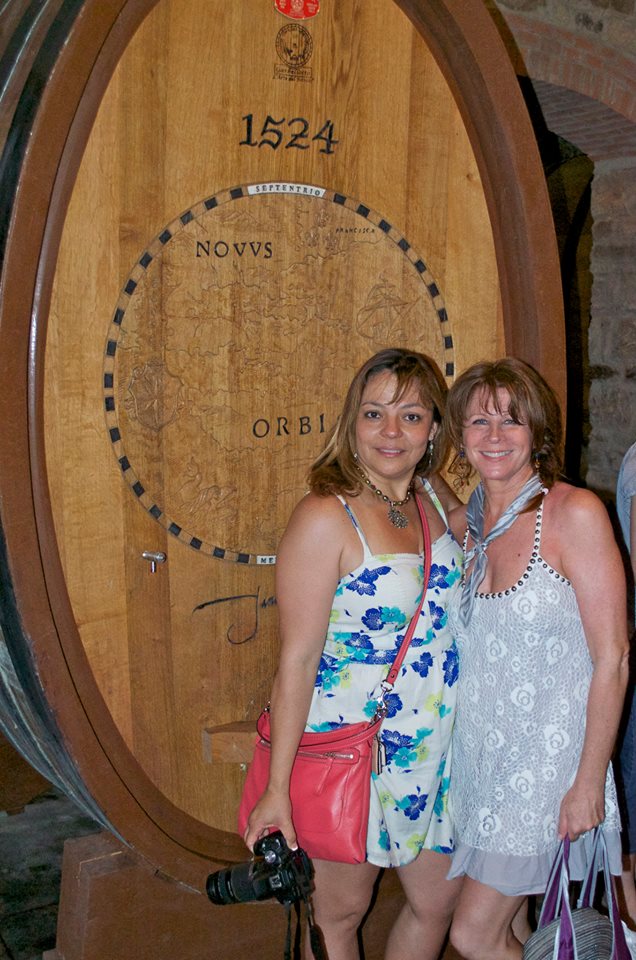New research from Italy corroborates earlier evidence that the antioxidants (flavanols) in chocolate can help maintain the health of our brains as we get older.
In 2012, an Italian research team reported finding cognitive, heart and metabolic benefits of consuming cocoa flavanols in seniors who had been diagnosed with mild cognitive impairment, but that study didn’t tell us whether cocoa flavanols would benefit individuals with normal, unimpaired cognitive function. For its second study, the Italian team enrolled men and women ages 61-85 with no signs of cognitive dysfunction. They assigned each participant to one of three groups; those in one group received a drink containing 993 mg of flavanols; those in a second group were instructed to drink the same beverage containing 520 mg of flavanols. The third group’s drink contained only 48 mg of the antioxidants. The study participants made no other diet or lifestyle changes throughout the study. The researchers assessed the cognitive function of the participants at the study’s start and eight weeks later, and found significant improvements in cognitive function in those who received the high or intermediate flavanol drinks, suggesting that even cognitively normal seniors could benefit from flavanols. They also reported lower blood pressure and improved insulin resistance among the seniors who consumed the high and intermediate flavanol drinks. Exactly how these positive changes occur remains to be determined. Researchers from Mars, Inc. participated in the study and Mars’ patented Cocoapro® was used in preparation of the high and intermediate cocoa drinks.
DR Andrew Wiel’s take: This is encouraging news and adds to existing research on the protective effects of flavanols on the brain. In 2014, a small study at Columbia University in New York City found that cocoa seems to improve a particular type of memory believed to be stored in the dentate gyrus, an area of the brain’s hippocampus. That study was aimed at showing whether or not the dentate gyrus really is the source of this specific type of memory decline, and whether cocoa flavanols can positively affect memory by improving the function of this brain region. The study participants were randomized to drink either cocoa containing 900 milligrams (mg) of flavanols a day for three months or a beverage containing only 10 mg of flavanols. When the participants were tested after three months, the researchers observed significant improvements in the memories of those who received the drinks with the higher flavanol content. Study leader neurologist Scott A. Small told the New York Times the tests showed that the high-content group performed as well as people two to three decades younger.





 Hi I’m Catherine, founder of Wine Women And Chocolate. Want to become a contributor for Wine, Women & Chocolate? Interested in sharing your unique perspective to a group of supportive, like-minded women?
Hi I’m Catherine, founder of Wine Women And Chocolate. Want to become a contributor for Wine, Women & Chocolate? Interested in sharing your unique perspective to a group of supportive, like-minded women?